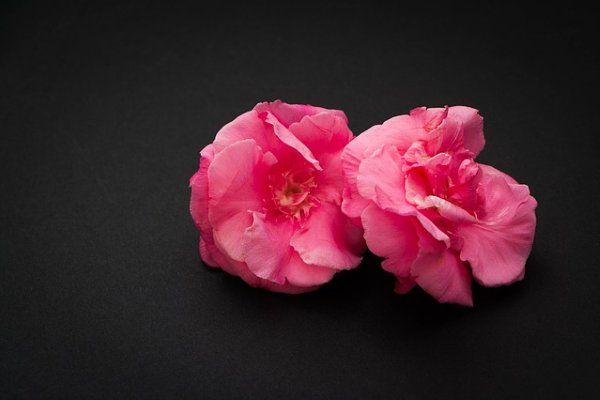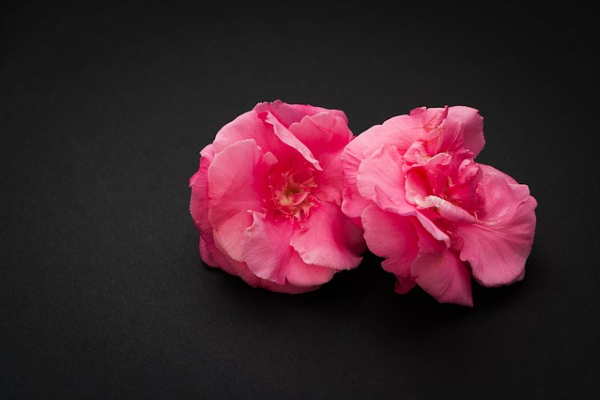

By: Jamiatul Ulama Gauteng
Source: Jamiatul Ulama Gauteng
Sayiduna Ali (رضي الله عنه) very bashfully approached the Messenger of Allah (ﷺ) for the great wealth of Nabi’s (ﷺ) daughter. Sayiduna Ali (رضي الله عنه) made his marriage proposal for the hand of Sayida Fatimah (رضي الله عنها) directly to the Messenger of Allah (ﷺ). The command of Allah Most High was immediately revealed and the Messenger of Allah (ﷺ) accepted the proposal.
The rigmarole, frills and fancies attendant to proposals and engagements were totally absent. The customs surrounding marriage proposals and engagements of nowadays are nonsensical and at variance as well as in conflict with the Sunnah.
At the time of marriage, the age of Sayida Fatimah (رضي الله عنها) was fifteen and half years and that of Sayiduna Ali (رضي الله عنه) was twenty one years. After accepting Sayiduna Ali’s (رضي الله عنه) proposal, the Messenger of Allah (ﷺ) ordered Sayiduna Anas (رضي الله عنه), “O Anas, go and call Abu Bakr, Umar. Uthman, Talha, Zubair and a group among the Ansar (رضي الله عنهم).”
It is clear from this example set by the Messenger of Allah (ﷺ) that the Nikah ceremony was being arranged with the greatest of simplicity and without any fanfare. No extravagant gathering, venue, time, etc. was contemplated nor was any hue and cry raised about the Nikah which was about to be conducted. It is thus Sunnah to merely gather some close relatives and others, without creating a hubbub and proceed with the Nikah quietly and with dignity, i.e. without the accompaniment of the multitude of un-lslamic and haram customs and activities so rife in Muslim marriages of the day.
The people sent for by the Prophet (ﷺ) presented themselves and he (ﷺ) recited a khutbah and performed the Nikah. From this example, it was clear that the most suitable person to perform the Nikah was the father of the bride.
The Mehr (dowry) was fixed at 400 mithqal silver, which is equal to 49.213 7 troy ounces. This is now known as Mahr al-Fatimi. It is therefore Sunnah to adopt the practice of Mahr al-Fatimi.
After the Nikah, the Messenger of Allah (ﷺ) sent Sayida Fatimah (رضي الله عنها) to Sayiduna Ali’s (رضي الله عنه) home in the company of Sayiduna Umm Aiman (رضي الله عنها). This was the simplicity which accompanied the departure of the Princess of both worlds, from her father’s home to her new home. The nonsensical and un-Islamic customs of present-day marriages were totally non-existent. Sayiduna Ali (رضي الله عنه) thereafter fulfilled the Sunnah of the Walimah feast. This too was nothing lavish or sumptuous. Like every facet of Islamic life, the Walimah feast was likewise an embodiment of simplicity. The following were the foods served at the Walimah. Some corn-bread, some dates and some sweetmeats. Thus, the Sunnah method of the Walimah is to arrange the affair with simplicity. There should be no elaborate arrangements and customs. A few close relatives and friends should be called and whatever one can serve with ease and without any fuss, should be prepared. It is also Sunnah to include some poor persons at the Walimah.
The Messenger of Allah (ﷺ) said that the best and most blessed Nikah is that which is the simplest.
The Messenger of Allah (ﷺ) said that the worst food is that Walimah where no poor persons partake.
What can we say of the weddings and walimahs of our time?



